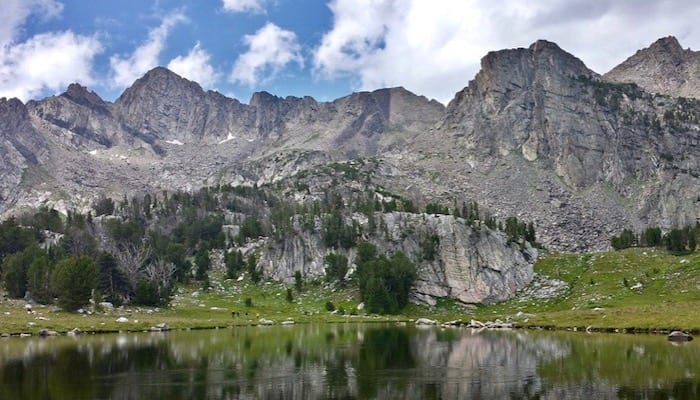Predicting altitude sickness?
At the time this paper was written (1995), we did not have a good way to predict which people would likely develop acute mountain sickness. We still don’t have a good way, but that isn’t keeping investigators from trying to find one thankfully. The extremes of HACE and HAPE can cause expeditions to fail and have cost overruns, so any method that allows us easily predict those most likely to need help is well received.
What they did was follow 2 separate groups from New Zealand during a trip to Nepal. Maximum altitude of the trip was 5640 m. Prior to ascending, they took baseline measurements of breath holding, hyperventilation, and gag reflex. Gag reflex was measured as0 being no gag, 3 being gagged just looking at the wooden spatula they were using for the test. Let’s hope they had a way to clean the spatula between the 40 different test subjects, but this being 1992-3 climbing seasons I’m doubting it. Hyperventilation was quantified by the test subject on how dizzy they got with rapid breathing, in a 1-4 scale.
Twice daily during the trip they measured breath holding and had them take a general high altitude questionnaire (a variant not shown in the methods). AMS was diagnosed if they scored above 15 on the test. One climber required evacuation to Kathmandu after scoring 69, but was still included in the data.
All of the climbers who scored 2 or 3 on the gag test, and all that scored 3 on the hyperventilation/dizziness test developed AMS. The authors take this to mean that ability to not develop AMS has something to do with ability to tolerate hypocapnea as well as some degree of pharyngeal nerve input. They were still unable to get above 85% prediction rate by combining variables, but for tests that are free and only mildly invasive, it’s worth a shot.
Further Reading
- Hensley J. Deep breathing to prevent acute mountain sickness EBM Gone Wild
- Hensley J. A novel prevention for acute mountain sickness. EBM Gone Wild
- Hensley J. Acute mountain sickness is more than one syndrome. EBM Gone Wild
- Hensley J. Climbing? Trouble sleeping? EBM Gone Wild

EBM Gone Wild
Wilderness Medicine
Emergency physician with interests in wilderness and prehospital medicine. Medical Director of the Texas State Aquarium, Padre Island National Seashore, Robstown EMS, and Code 3 ER | EBM gone Wild | @EBMGoneWild |
